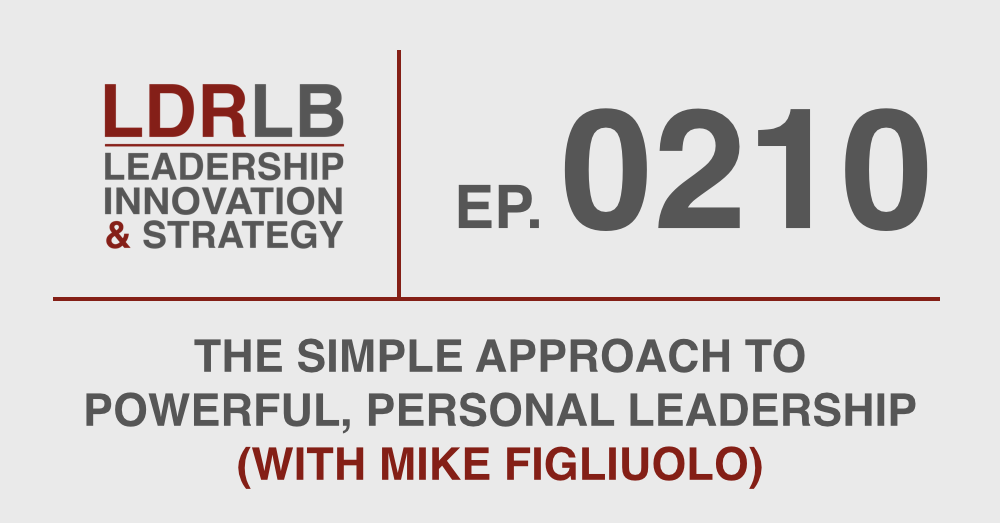
Diana Whitney Ph.D. is the President of Corporation for Positive Change, an international consulting firm specializing in the application of Appreciative Inquiry – the revolutionary process she helped develop and spread – to resolve the most pressing challenges of our time. In fields ranging from healthcare to education; from peace-building to business; from community development to government, Diana coaches executives and their teams in support of organization culture transformation, and strategic development.
Referenced Resources:
Corporation for Positive Change

About the author
David Burkus is an organizational psychologist, keynote speaker, and bestselling author of five books on leadership and teamwork.